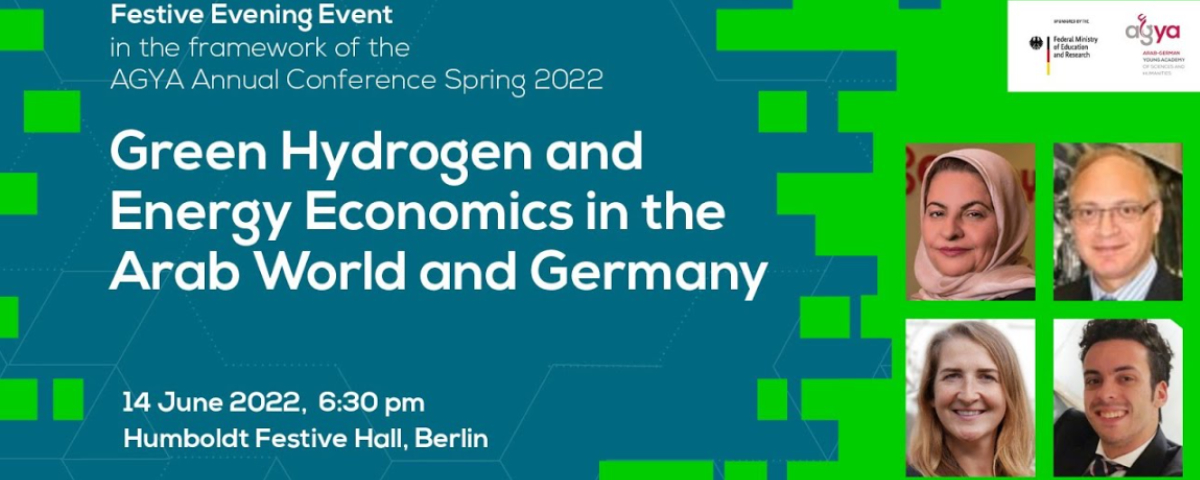Code exposed: Review of five open-source frameworks for modeling renewable energy systems (Candas et al. 2022)
13. Juni 2022
14.06. | AGYA Podiumsdiskussion Grüner Wasserstoff und Energiewirtschaft
14. Juni 2022Comparing open source power system models – A case study focusing on fundamental modeling parameters for the German energy transition (van Ouwerkerk et al. 2022)

Jonas van Ouwerkerk, Karlo Hainsch, Soner Candas, Christoph Muschner, Stefanie Buchholz, Stephan Günther, Hendrik Huyskens, Sarah Berendes, Konstantin Loffler, Christian Bußar, Fateme Tardasti, Luja von Kockritz und Rasmus Bramstoft
Abstract — Recent European and German climate targets call for a faster power system transition towards variable
renewable energy sources. With the increasing importance of Open Science, several Open Source models have
been developed in recent years. However, only a few studies exist that compare their performance against each
other. Therefore, this study performs a comprehensive model comparison of five mature Open Source power
sector models. For this purpose, we apply eight fully harmonized and simplified one-year scenarios for the
German power sector, to analyze deviations in model results. First, an in-depth analysis of two base scenarios for
2016 and 2030 reveals that linear programming-based models differ substantially from models with preimplemented dispatch orders. Other deviations occur across all models and are mainly caused by the indifferent use of flexibility options such as storage and transmission. Second, variations of parameters and characteristics with a political significance are individually applied to the 2030 base scenario to identify their impact on
model results. This includes CO2 emission budgets, increased demands by sector coupling, coal exit strategies,
and renewable generation shares. The results prove that some models are far more sensitive to these parameters
than others, and renewable generation shares alone are not sufficient to reach desired effects in emission reductions. Finally, a comprehensive scenario for 2030 combines all measures to evaluate general trends that result
from the most recent updates in German energy policy. Model results indicate that the new targets require
substantially increased investments into renewable generation capacities, storage, and transmission.
Erschienen in Renewable and Sustainable Energy Reviews Volume 161, June 2022, 112331.
Erschienen in Renewable and Sustainable Energy Reviews Volume 161, June 2022, 112331.




